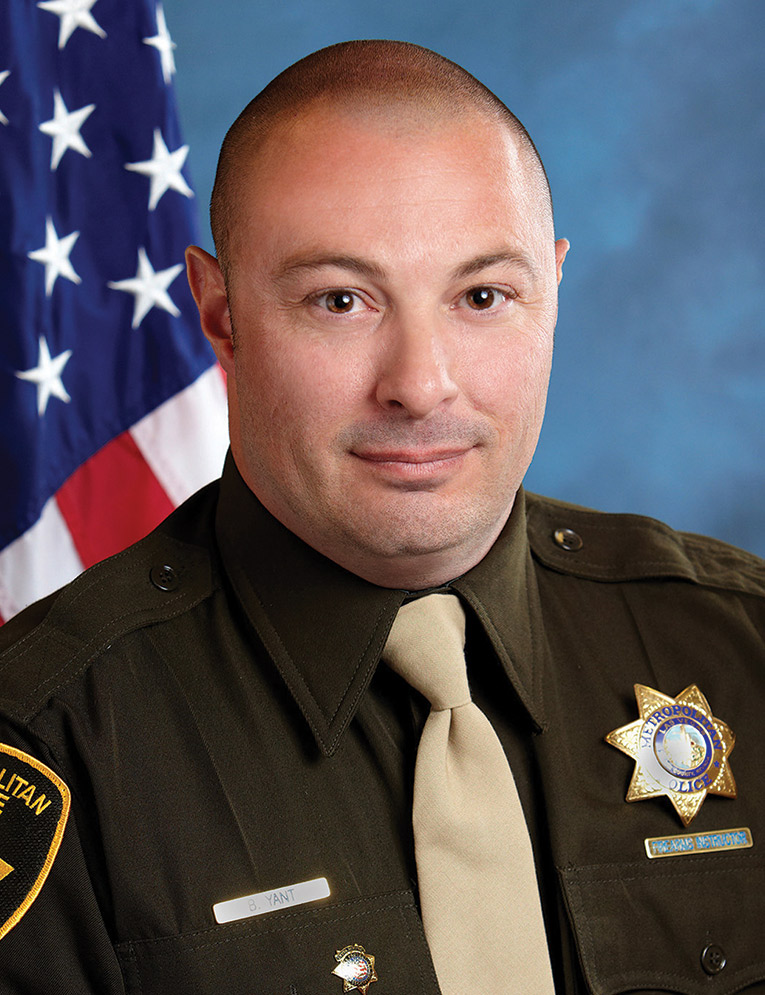
Sergeant-at-Arms
Over the past year, law enforcement across the country has had to face many challenges. Officers are forced daily to wear a multitude of hats and juggle roles throughout their shift. We have all seen these problems portrayed in the media — the rise in violence toward officers, active assailants continually terrorizing communities and police suicides at an all-time high.
Officers see horrible and unimaginable things, and there’s one question that is always left: How can we be better?
- Fight complacency. This is easier said than done. We all hear it — complacency kills, and it sneaks up on you quicker than you think. It’s always “I’ve done these calls 1,000 times” or “this is just a simple car or person stop,” etc. Complacency doesn’t discriminate and surely doesn’t care how long you have been on the job.
- Train like it’s real. The old saying is true — under stress, you will revert back to your training. If you don’t take your training seriously and perfect your craft, your performance will suffer. Human performance experts suggest it takes 10,000 hours of practice and repetition to perform at an expert level. Training days are in high demand and often they are cut short. So ask yourself, how many hours have you put into your craft?
- Be a professional. Today there are cameras on us everywhere — body-worn cameras, cellphones and surveillance cameras. Everything we do is captured nonstop. We have to know our audience and setting and perform as professionals. Sometimes this is easier said than done.
- Be articulate. Clearly state what you want, describe your actions, provide clear guidance and be knowledgeable in the law. Your words can quickly deescalate or escalate a situation, so choose them wisely. Only you can explain your actions. Of course, the camera or a witness may tell a different story, but your words are the most powerful. Find your voice and use it.
- Ask for help. As officers, we are all stubborn, some more than others. Don’t be afraid to ask for help and don’t be afraid to accept help when it is offered. Help can be guidance, a fresh set of eyes on a problem, counseling and therapy. If you need help, please find it. Help is all around you.

